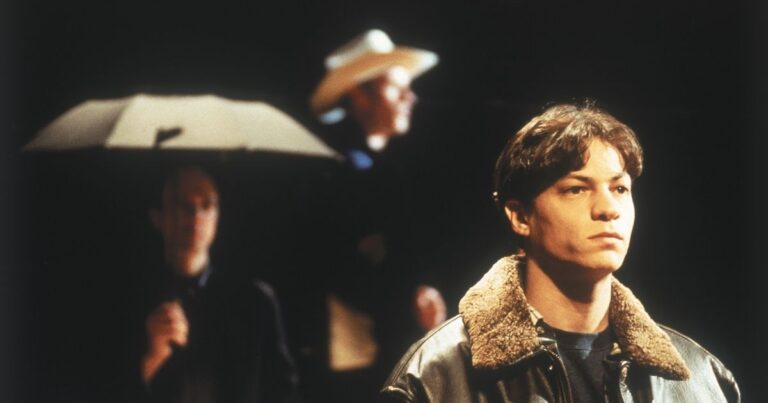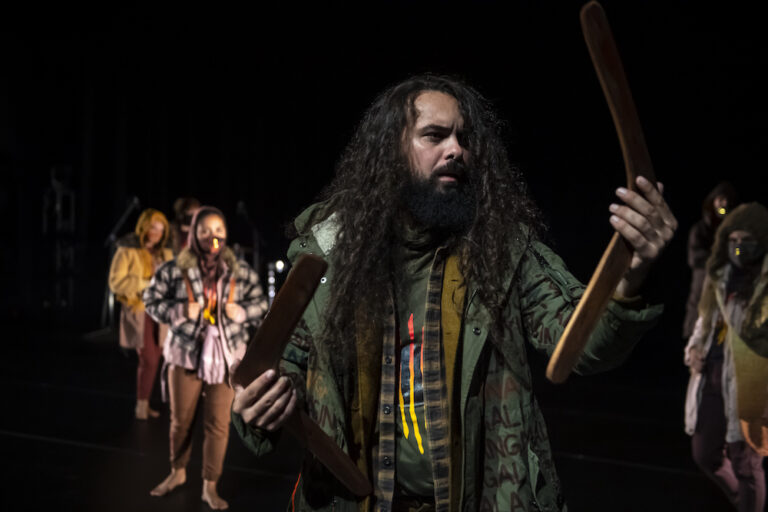
Zoe’s Law gets bumped
A controversial bill to grant foetal personhood, expected to be brought on for debate in this parliamentary session, has been delayed in the upper house and now faces an uncertain future.
Zoe’s Law, as it is known, would declare an unborn child to be a separate living person once it exceeds 20 weeks gestation or 400 grams. The bill is named after the daughter of Brodie Donegan, who was stillborn after her mother was hit by a drug-affected driver.
Proponents of the bill argue it is about dealing with criminal actions that bring about the death of a foetus. But opponents fear it is an attack on reproductive rights by stealth.
Zoe’s Law passed the lower house last year, and was expected to be the subject of a close and passionate fight in the Legislative Council.
Labor MLC Penny Sharpe said the government had originally advised the bill would be brought forward for debate last week, but that did not happen. The parliament adjourns today, Thursday, until May, and Ms Sharpe is increasingly optimistic that if the bill is brought on it will be defeated.
“It seems like some of the people who are putting the bill forward are getting cold feet,” she said.
“There’s been a really strong campaign from women’s groups and lawyers and medical people that has opened the minds of a lot of Legislative Council members.”
Although the bill is supposed to apply to instances of ‘grievous bodily harm’ such as domestic violence against a pregnant woman, the NSW Bar Association has warned it would open the floodgates to other applications.
“Adoption of the principle in this Bill would have obvious implications for late term abortions,” it said in a September submission to parliament. It also advised that the cut-off of 20 weeks or 400 grams was arbitrary and that the bill itself is unnecessary given existing laws.
Ms Sharpe reported increased lobbying in recent weeks from proponents of the law, including representatives of organised religion.
“We’re getting emails from bishops and pastors and reverends with a very strong message about supporting the bill.”
Victoria Brookman, founder of Lactivists Australia and organiser of the Sydney International Women’s Day March, expressed sympathy for Ms Donegan and her tragedy. But she said foetal personhood would set a very dangerous precedent.
“As a pregnant woman…I’m very concerned about actions that have been taken elsewhere in the world when people take actions on behalf of foetuses,” she said.
“Obviously all of us are really sorry for the mum involved but I don’t think it’s worth potentially curtailing everybody else’s reproductive rights.”
Procuring an abortion is technically illegal under the Crimes Act, but has been effectively legalised by a 1971 decision known as the Levine ruling. That case determined that abortion would be legal if there is “any economic, social or medical ground or reason” for a doctor to believe that the pregnant woman’s physical or mental health is at risk.
Ms Sharpe said the Zoe’s Law bill highlights the fragile legal underpinning of access to safe access to abortions in NSW.
“That’s just not something I’m willing to gamble with for one piece of law which I think is bad law.”
The bill was originally proposed by Christian Democrat leader Fred Nile, but the government has taken on a revised version as its own legislation. The Liberal Party member with carriage of the bill in the upper house is Marie Ann Ficarra. A spokesperson said she would not be commenting beyond what is already on the public record, but told City Hub the bill should be debated in the May session.
But a well-placed source within Labor said the bill would most likely “never” be brought forward because it does not have the numbers.









